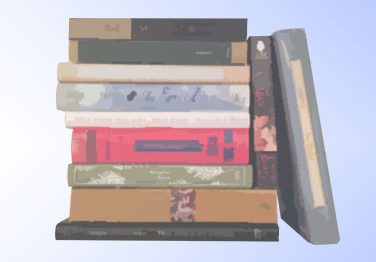Summary from Goodreads: Memoir meets craft masterclass in this “daring, honest, psychologically insightful” exploration of how we think and write about intimate experiences—“a must read for anybody shoving a pen across paper or staring into a screen or a past” (Mary Karr).
In this bold and exhilarating mix of memoir and master class, Melissa Febos tackles the emotional, psychological, and physical work of writing intimately while offering an utterly fresh examination of the storyteller’s life and the questions which run through it.
How might we go about capturing on the page the relationships that have formed us? How do we write about our bodies, their desires and traumas? What does it mean for an author’s way of writing, or living, to be dismissed as “navel-gazing”—or else hailed as “so brave, so raw”? And to whom, in the end, do our most intimate stories belong?
Drawing on her own path from aspiring writer to acclaimed author and writing professor—via addiction and recovery, sex work and Harvard night school—Melissa Febos has created a captivating guide to the writing life, and a brilliantly unusual exploration of subjectivity, privacy, and the power of divulgence. Candid and inspiring, Body Work will empower readers and writers alike, offering ideas—and occasional notes of caution—to anyone who has ever hoped to see themselves in a story.
So Melissa Febos and her wife Donika Kelly (yo, go read some of Donika’s poetry) are local to me, so when Body Work went up on Edelweiss I pretty-pleased my way into a digital galley approval. And WOW. Such a thought-provoking, juicy book about craft and personal narrative. As such, I was about 75% through the e-galley from Catapult when this book came out in paper. I so needed to underline and highlight (seemingly) every, single word that I bought a copy and started over from the beginning.
Ugh, so good. An incredible examination of why memoir is not encouraged as a genre (navel-gazing) or is seen as “lesser” writing. Febos offers 6 long memoir-essays as a way to use writing to sort of sort through trauma or personal examination of one’s experience or publish work from those experiences and how one might go about shaping that writing.
“Writing is, like gender or dominatricing, a kind of performance. But the craft of writing is primarily an art of making decisions.” – p 36
“Even to write unspoken words multiplies them, makes us less alone” -p 110
I loved Febos’s Girlhood, this one’s another incredible installment in what is surely going to be an incredible body of work over her lifetime.
Many thanks to Catapult for approving me for the digital galley.
Dear FTC: I started on a digital galley, but then I started over with a paper book when it released (which I bought from my local indie because it was signed).




 Summary from Goodreads:
Summary from Goodreads: Summary from Goodreads:
Summary from Goodreads: Summary from Goodreads:
Summary from Goodreads: Summary from Goodreads:
Summary from Goodreads: Summary from Goodreads:
Summary from Goodreads: